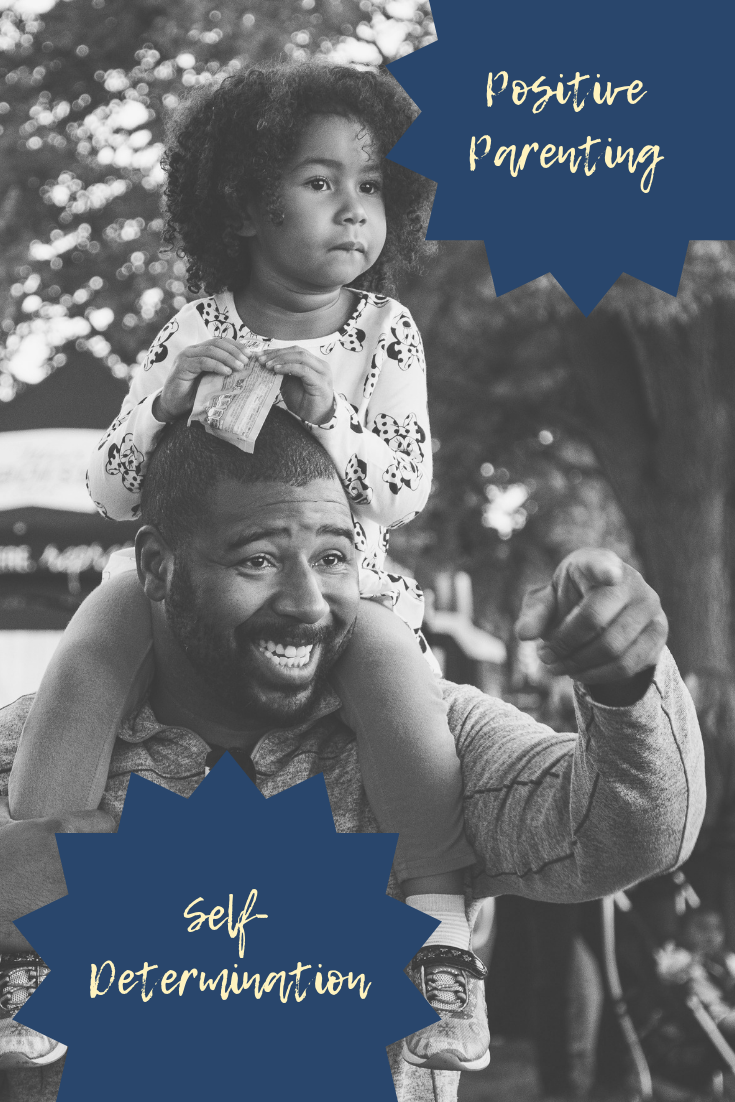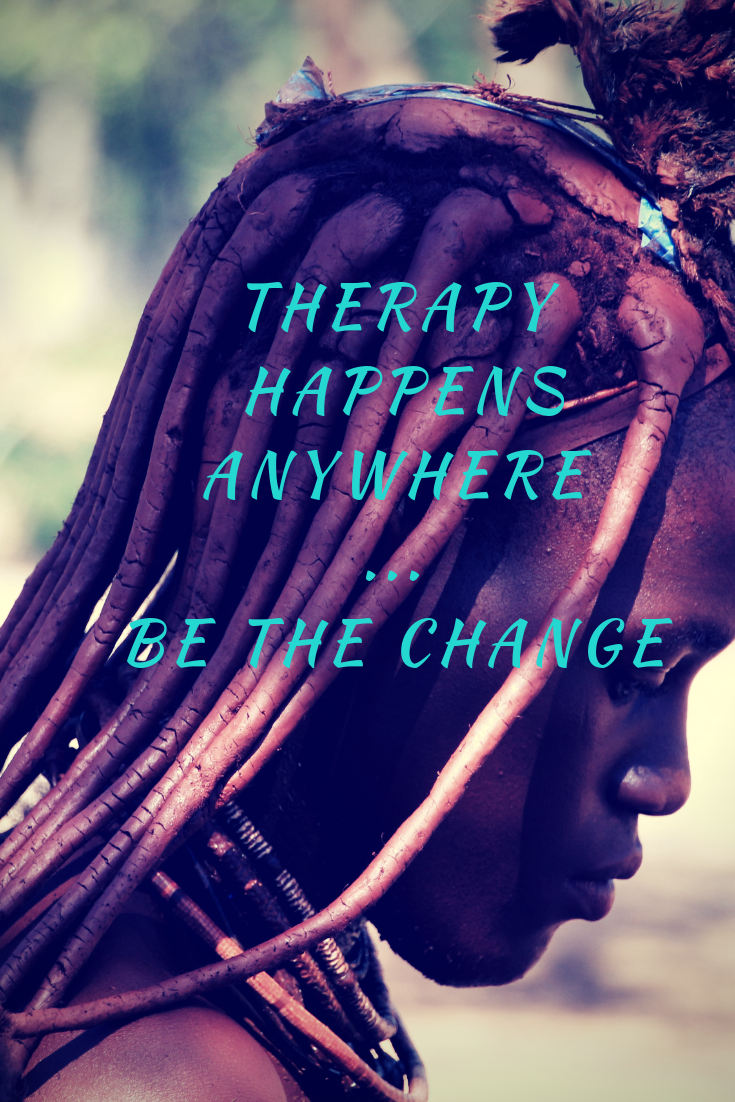
Celebrity lives are often under scrutiny, especially when it comes to marriage, divorce, and parenting. Recently, a music artist made headlines amid another chapter in his custody journey with his former wife. While these deeply personal experiences are usually private, the visibility of public figures negotiating family conflict can serve as powerful case studies in conflict resolution, co-parenting, and emotional healing.
Rather than focusing on the drama, let’s explore the mental health insights and family therapy strategies these stories can teach us—especially when it comes to positive parenting post-divorce.
When Family Conflict Goes Public
Conflict is a universal part of family life, but when it happens in public, especially to celebrities, we often only see the messiest parts. Still, there are lessons to be learned. In this case, reports describe a respectful, accountability-driven response to challenges, including a near-drowning accident involving his son and emotional reactions from his ex-wife. What stood out was his willingness to validate the pain of his co-parent and accept increased responsibility.
Key Takeaway: Responsibility and empathy are at the heart of successful post-divorce co-parenting.
Positive Parenting After Divorce
Post-divorce parenting isn’t just about visitation schedules—it’s about rebuilding trust, managing communication, and modeling healthy emotional behavior. It’s tough for any family, and public figures juggling fame, parenting, and legal challenges often show us just how high the stakes can feel.
In family therapy, we emphasize that co-parenting requires new skills and intentional choices:
- Transparent communication
- Reassuring consistency for children
- Empathy and shared accountability
Navigating Crisis and Trauma in Blended Families
According to reports, this artist’s ex-wife—who tragically lost her older son—requested a review of custody agreements after the accident involving their younger son. These emotional triggers are real, and in family systems therapy, we often help parents process grief and fear while ensuring that their actions remain in the child’s best interest.
Children of divorce need:
- Emotional safety
- Clear routines
- Unified parenting, even from separate households
The “Increased Effort” of Post-Divorce Communication
Healing from divorce means navigating complex grief. Communication often falters during this time—but it’s essential. Children need to know that their parents may no longer be partners, but they are still a team when it comes to parenting. A judge in this case emphasized the importance of communication between the artist and his ex-wife, urging him to provide consistent updates on their child’s whereabouts.
This is a crucial reminder for all co-parents: Peaceful, predictable communication builds emotional security for your children. Positive Parenting at work.
Counseling Support for Co-Parenting
As therapists, we often reframe divorce for children by explaining that parents can grow apart while still being devoted caregivers. Our role is to guide families toward healthy boundaries and shared values. When parents put the child’s needs above emotional tension, we prevent emotional splitting and reduce long-term stress for everyone involved.
Support strategies include:
- Family systems therapy
- Co-parenting coaching
- Child-focused therapy during and after divorce
Positive Parenting: Real Families, Real Help
Whether you’re navigating a celebrity-sized crisis or simply struggling with the shift to shared parenting, remember this: you don’t have to do it alone. Support, education, and therapy can make a profound difference in helping families heal and move forward together.
Boost Emotional Connection with Holistic Wellness
While you work on emotional healing, don’t forget to support your body and mind from within. Our Holistic Store offers wellness supplements and products to help you feel balanced and connected—making it easier to engage meaningfully with your family and yourself.
Final Thought
Conflict is a part of every family’s story, but with compassion, communication, and counseling, it can become a stepping stone to growth. Whether you’re a celebrity or a neighbor next door, co-parenting with grace is possible—and worth the effort.
Need support navigating co-parenting or family conflict? Contact us today to learn how our counseling services can help you build a healthier path forward.
PS: Are you a culturally competent licensed clinician passionate about guiding others toward resilience? Our practice is growing, and we’re hiring in New Jersey! Check out our Careers page for current openings and join a team dedicated to fostering impactful, inclusive mental health support.

